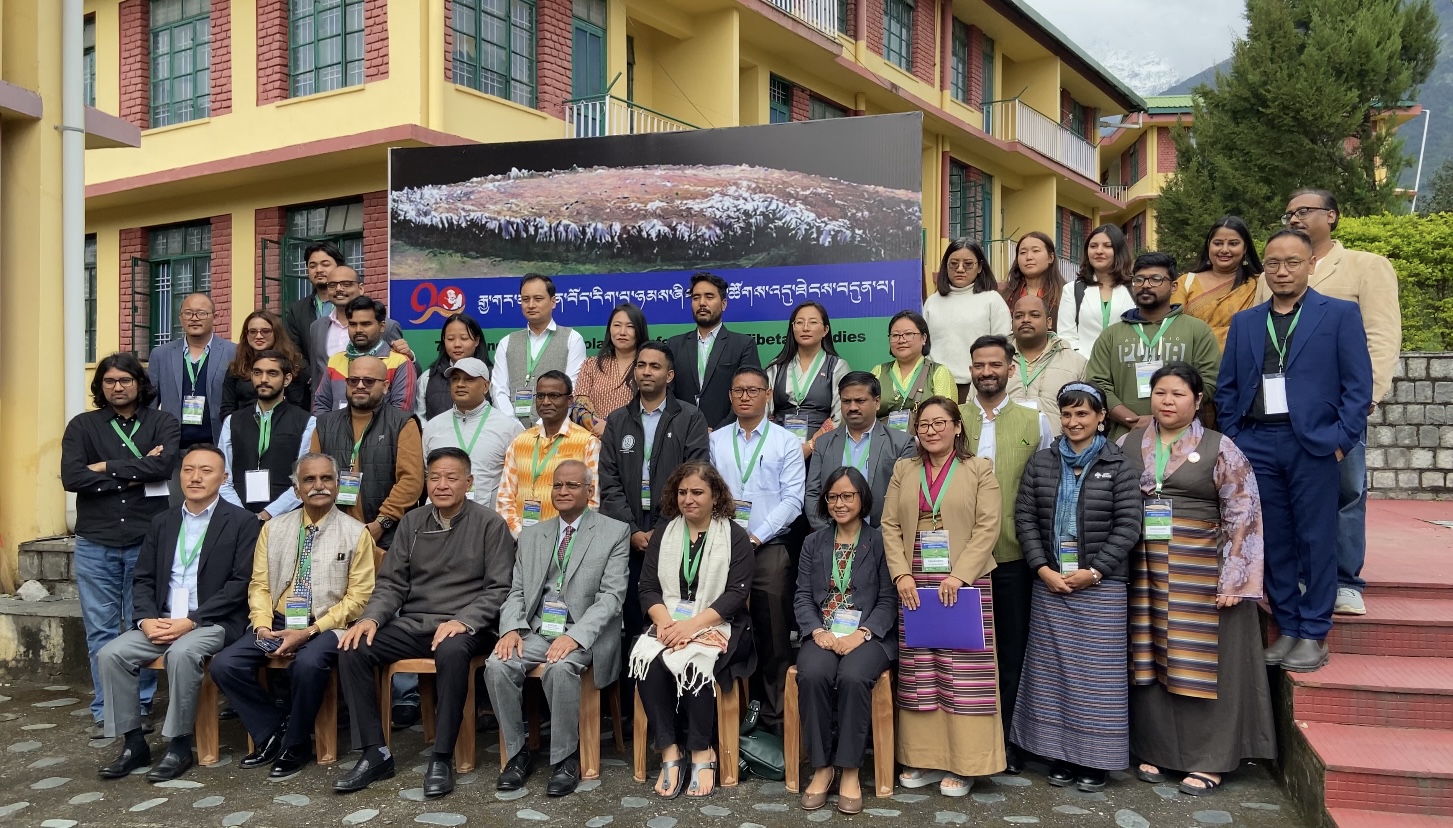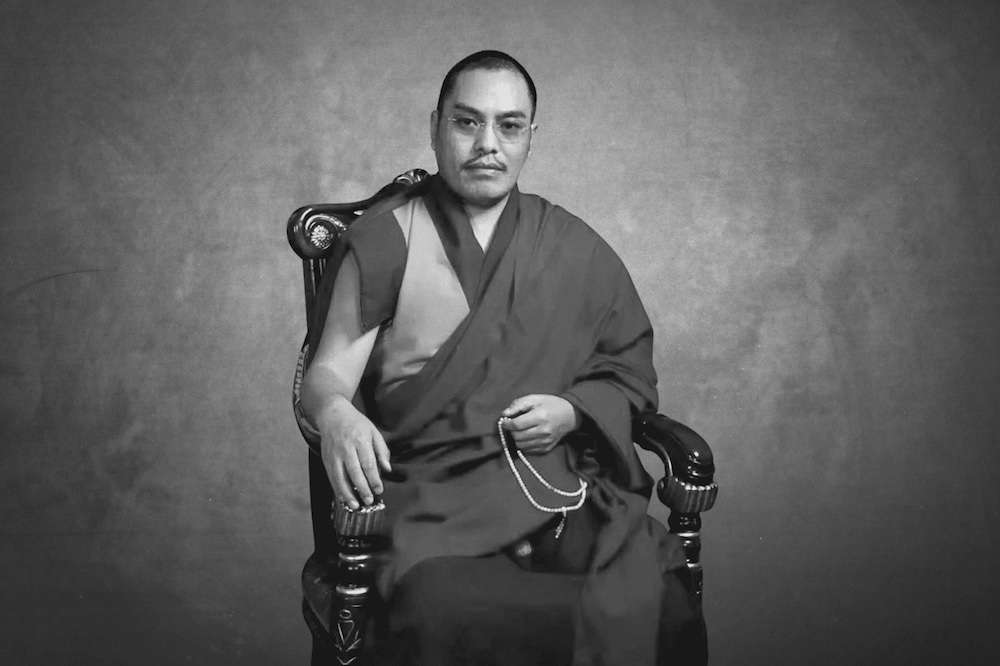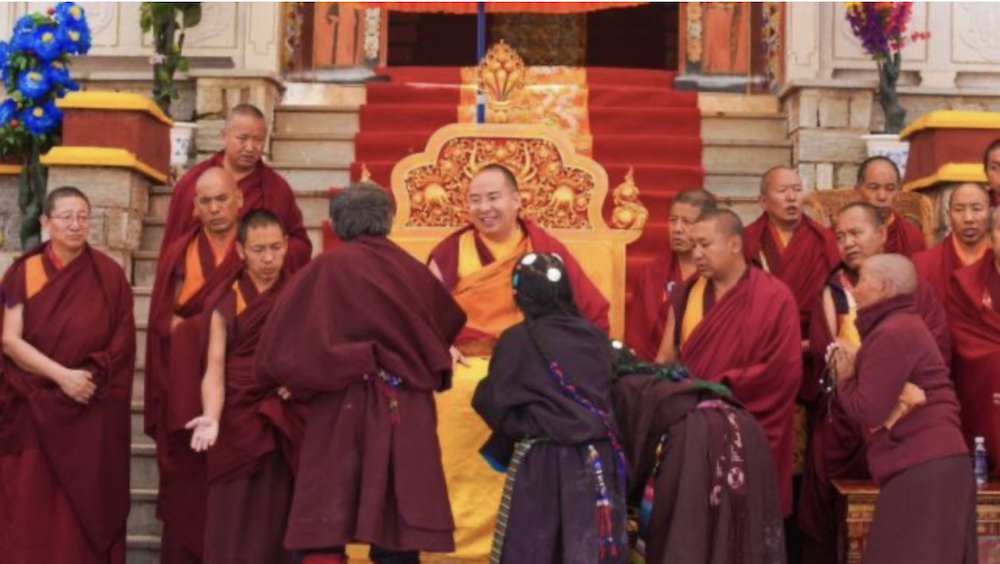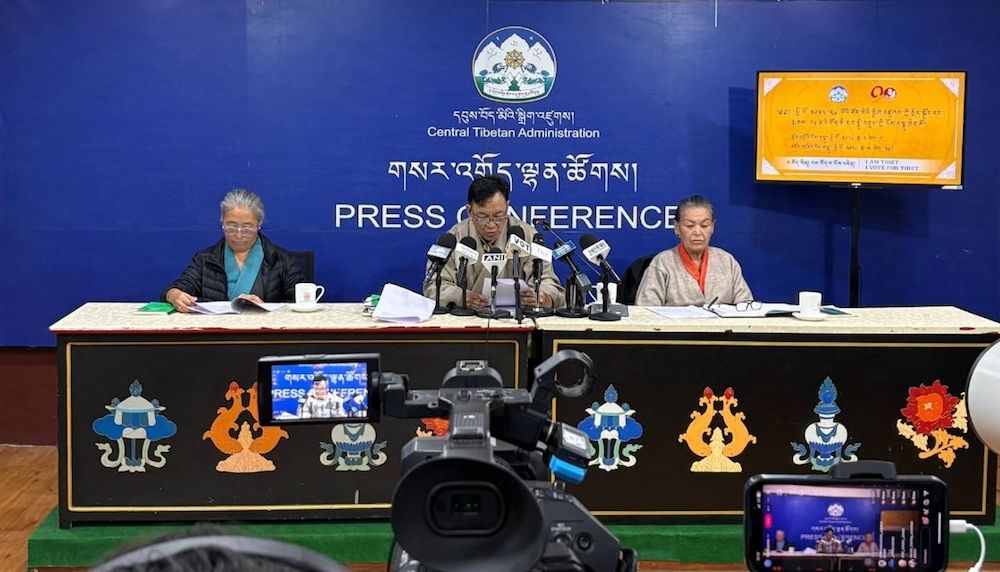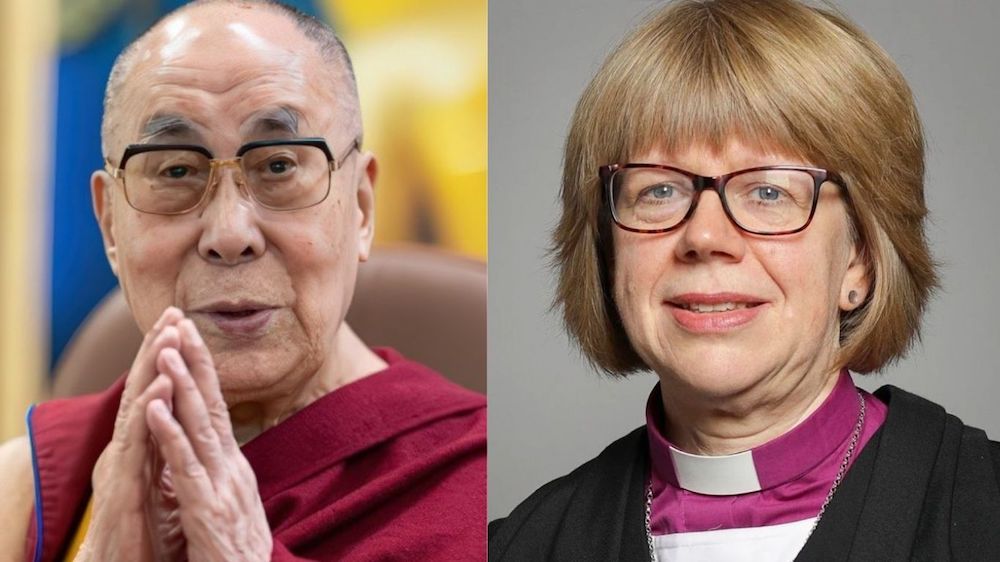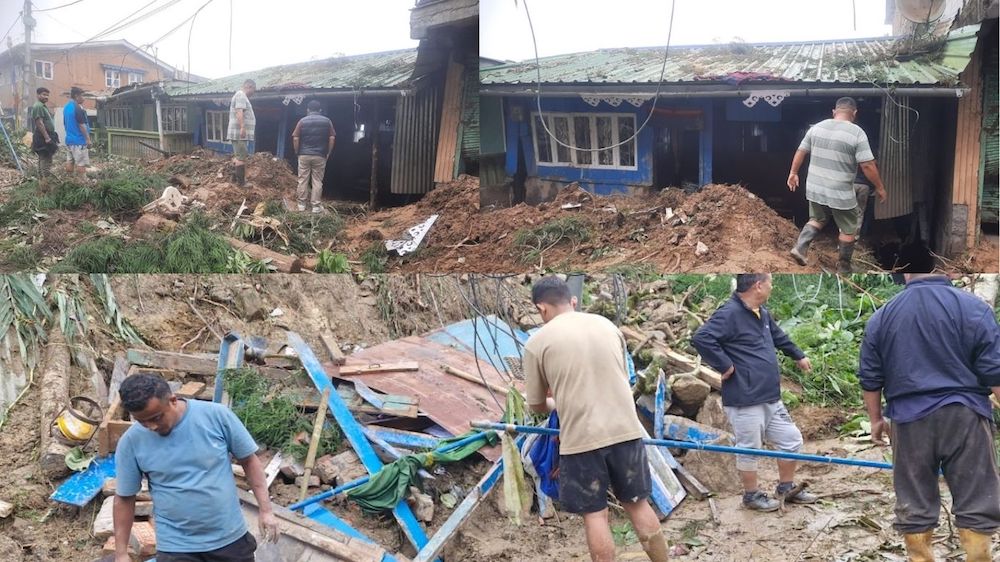Tenzin Nyidon
DHARAMSHALA, Oct. 8: One of India’s leading China experts, Prof. Srikanth Kondapalli, speaking at the 7th Young Indian Scholars’ Conference on Tibetan Studies organised by the Tibet Policy Institute (TPI), stressed the importance of independent scholarship to counter Beijing’s narrative control and promote a more nuanced global understanding of Tibet. He also urged that TPI’s research should be policy-driven, similar to Beijing’s state-funded academic research institute dedicated to comprehensive studies on Tibet.
Commending TPI, a think tank under the Central Tibetan Administration (CTA), for its continued efforts in advancing Tibetan studies, he reflected on his first visit to the institute in 2012 and praised its growth into a credible research body fostering dialogue on Tibet’s culture, history, and geopolitics. In his address, Prof. Kondapalli outlined three major disruptions currently transforming global scholarship and policy— artificial intelligence (AI), trade dynamics, and shifts in research methodologies on Tibet within China.
He urged TPI to leverage AI to process and analyse its vast data collections, including archives on Tibetan history, religion, and culture. “AI can significantly enhance research and generate valuable policy outputs,” he suggested, noting that leading tech industries, including Alibaba, are investing heavily in AI, signalling its importance in future policy prediction and analysis.
Discussing the second disruption, he highlighted the impact of U.S.–China trade tensions, particularly tariff wars, and their broader geopolitical implications. He linked these developments to China’s intensified campaign of Sinicization of Tibetan Buddhism, an agenda reinforced at the 2020 Tibet Work Forum, chaired by Chinese President Xi Jinping. “We now see substantial alterations to Tibetan religious texts to conform with Han Chinese ethos, alongside increased surveillance, resource extraction, and the spread of colonial boarding schools,” he said.
The third disruption, central to his address, concerned evolving research methodologies in Tibetan studies, particularly within China. He examined how Chinese Tibetology is heavily driven by the Communist Party’s political objectives and rooted in assimilationist frameworks. Drawing on the works of Chinese ethnic scholar Ma Rong, Prof. Kondapalli explained how Beijing’s current policies revive Stalin’s definition of ethnic minorities to justify cultural assimilation rather than genuine integration. “China’s project of Sinicization extends beyond Tibet to Mongols, Uyghurs, and other ethnic groups—aimed at erasing distinct identities,” he said.
He highlighted key state institutions, including the China Tibetology Research Center in Beijing and the Chinese Academy of Social Sciences (CASS), as major centers producing policy-oriented research aligned with party directives. “Unlike the theoretical and pluralistic scholarship seen in India and abroad, Chinese Tibetology is explicitly policy-driven and party-centric,” he noted, adding that most researchers in these institutes are Communist Party members focused on reinforcing narratives of sovereignty and territorial integrity over Tibet. He urged TPI to similarly ensure that its research is policy-oriented when addressing critical Tibetan issues.
CTA President Penpa Tsering, the conference’s special guest, speaking to Phayul, emphasised the significance of the 7th Young Indian Scholars’ Conference on Tibetan Studies, calling it vital for fostering academic collaboration and awareness on Tibet. He said the forum enables the Tibet Policy Institute to engage with young Indian scholars whose research and understanding of Tibet will contribute to building long-term intellectual partnerships and wider public awareness.
The Tibetan political leader further emphasised the role of scholars in shaping policy discourse, noting that think tanks play a crucial part in informing governments about China’s strategies and influence. He emphasized the need for more academic institutions, particularly in developing regions such as Africa and Latin America, to study China from a scholarly perspective and inform policymakers. “They need to be informed by scholars and researchers and their outcomes that will influence the policy,” he said, adding that such conferences are essential not only for today but for the future.
The two-day annual conference, held at the Administrative Training and Welfare Society (ATWS) in Dharamshala, brought together 23 emerging Indian scholars to present research on Tibet’s history, culture, and geopolitics, with a particular focus on India-Tibet relations.


